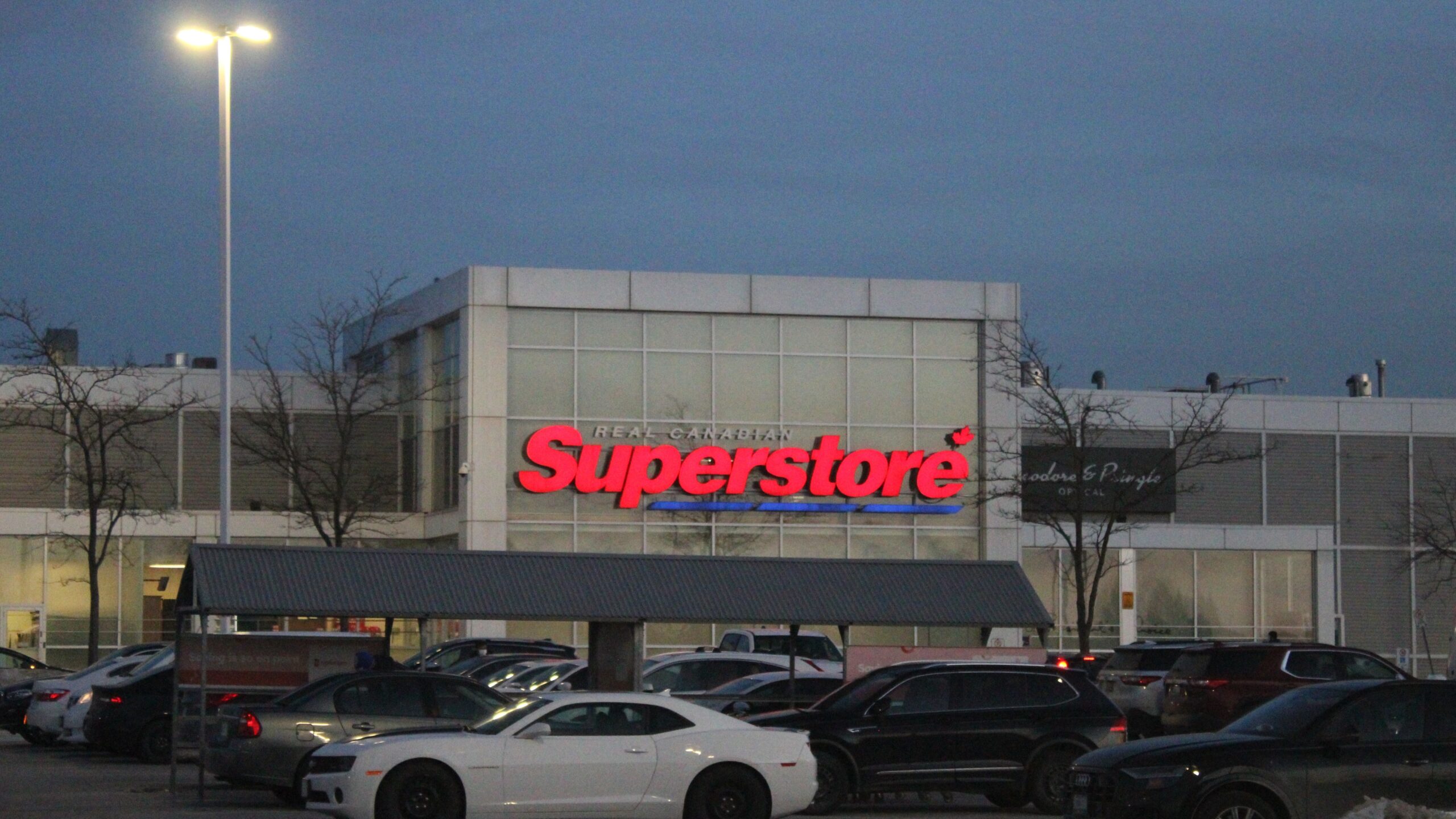Trust is something that goes a long way in a business relationship, and some Canadians say they want businesses to step up if they want to see more of it from them, a new survey finds.
Public relations firm Edelman recently released the results of its Annual Trust Barometer survey for 2022, which essentially measures how much trust people have in society. It reached out to more than 36,000 people around the world, but among the 1,500 Canadians surveyed, 56 per cent said businesses aren’t doing enough to combat climate change.
Among Canadian respondents, 48 per cent said more needs to be done to tackle economic inequality.
Opher Baron, a business professor at the Rotman School of Management, said that over the past few years, businesses and corporations have become much more aware of these issues.
“There’s a lot more awareness of people around it, and where companies typically think about maximizing profit for shareholders, right. This is kind of the mandate of a company in many cases,” he said.
“There are companies who say hey, we do this subject to the fact that we have sustainable business practices,” he said.
Baron said businesses today are becoming more aware of these economic issues and understand that they have a role to play in how society moves forward.
The survey additionally reported that 56 per cent of Canadians said it was imperative, even mandatory, for CEOs to be at the forefront of conversations about job creation and economic growth. This comes as inflation has been making waves in society.
Statistics suggest businesses have to show they take these issues seriously through action. One way of doing that is through transparency.
Leonard Brooks, a business professor at U of T, said companies being more transparent is something very important, especially among today’s generation.
“The public is looking for details and monitoring reports, and it’s not enough to stand there and wave a flag and say, ‘We’re wonderful,'” he said. “You’ve got to show it.
“If you disclose something that’s wrong, it’s going to be countered by something out there,” Brooks said. “You want to disclose information that’s accurate to build up trust that turns into stakeholder support, which supports your corporate executive, your corporate objectives.”
Despite how much the global health crisis has affected the economy, the reaction to the survey from Canadians most likely wouldn’t have changed much if the pandemic didn’t happen as Brooks said we were going down this direction already.
“I think that the reaction has happened independent of the pandemic, but I do think the pandemic has sensitized people to quality of life. And the climate is a big part of that,” he said.
With the trend that the economy is on, Canadians have made it clear that they intend to see sustainable plans be set in motion once they’ve been announced by businesses.
Steve Cahillane, CEO and chairman for Kellogg’s, said in a media release how important sustainability is to one of Canada’s biggest cereal brands.
“Kellogg has established itself as a committed partner to farmers in implementing climate-positive agricultural practices in important crops like rice,” he said.
“We are proud to announce a new program to help advance regenerative practices as part of our Better Days ESG commitment to support one million farmers and workers and reduce three greenhouse gas emissions across our value chain by 15 per cent by the end of 2030,” he said.

